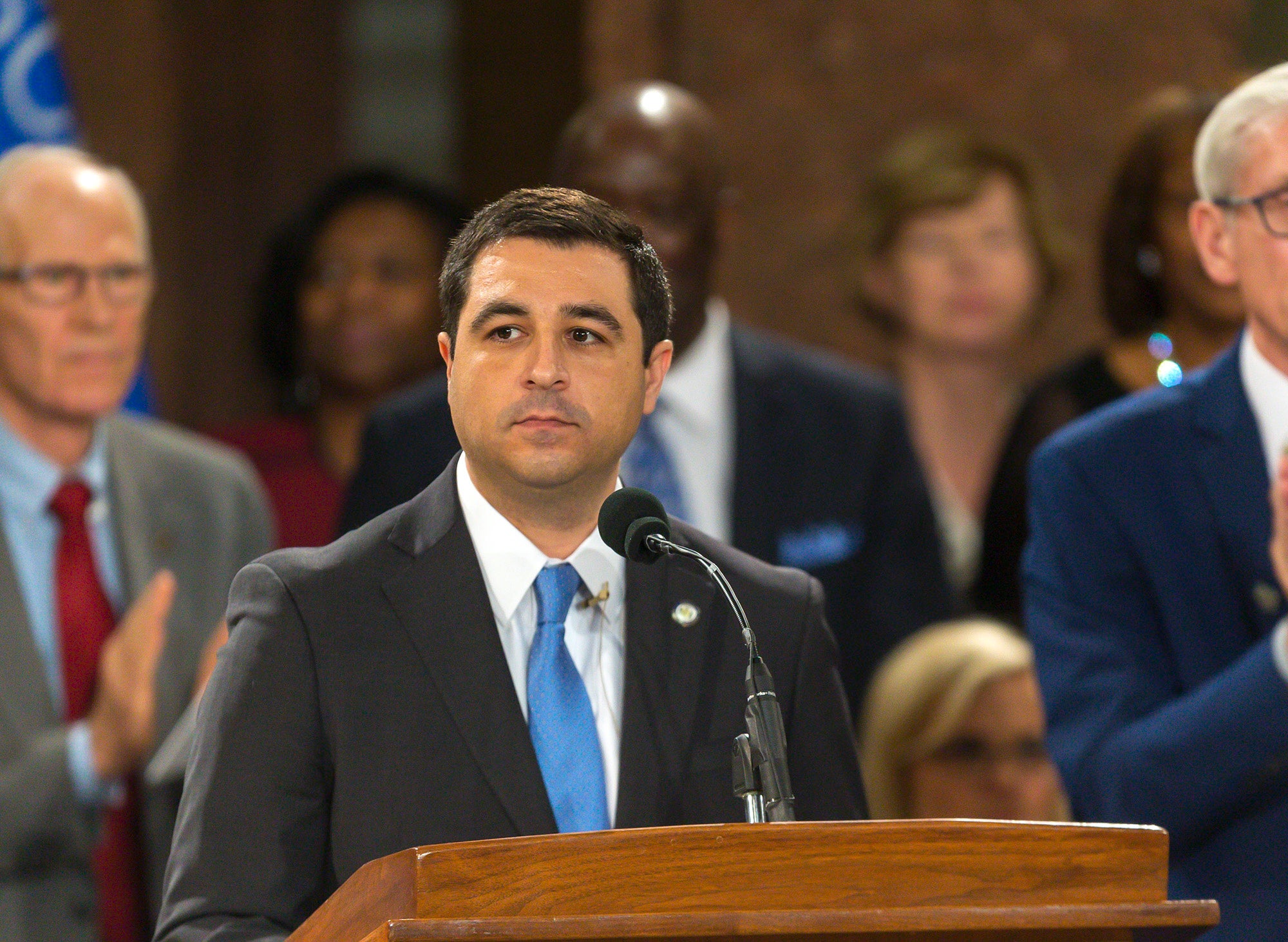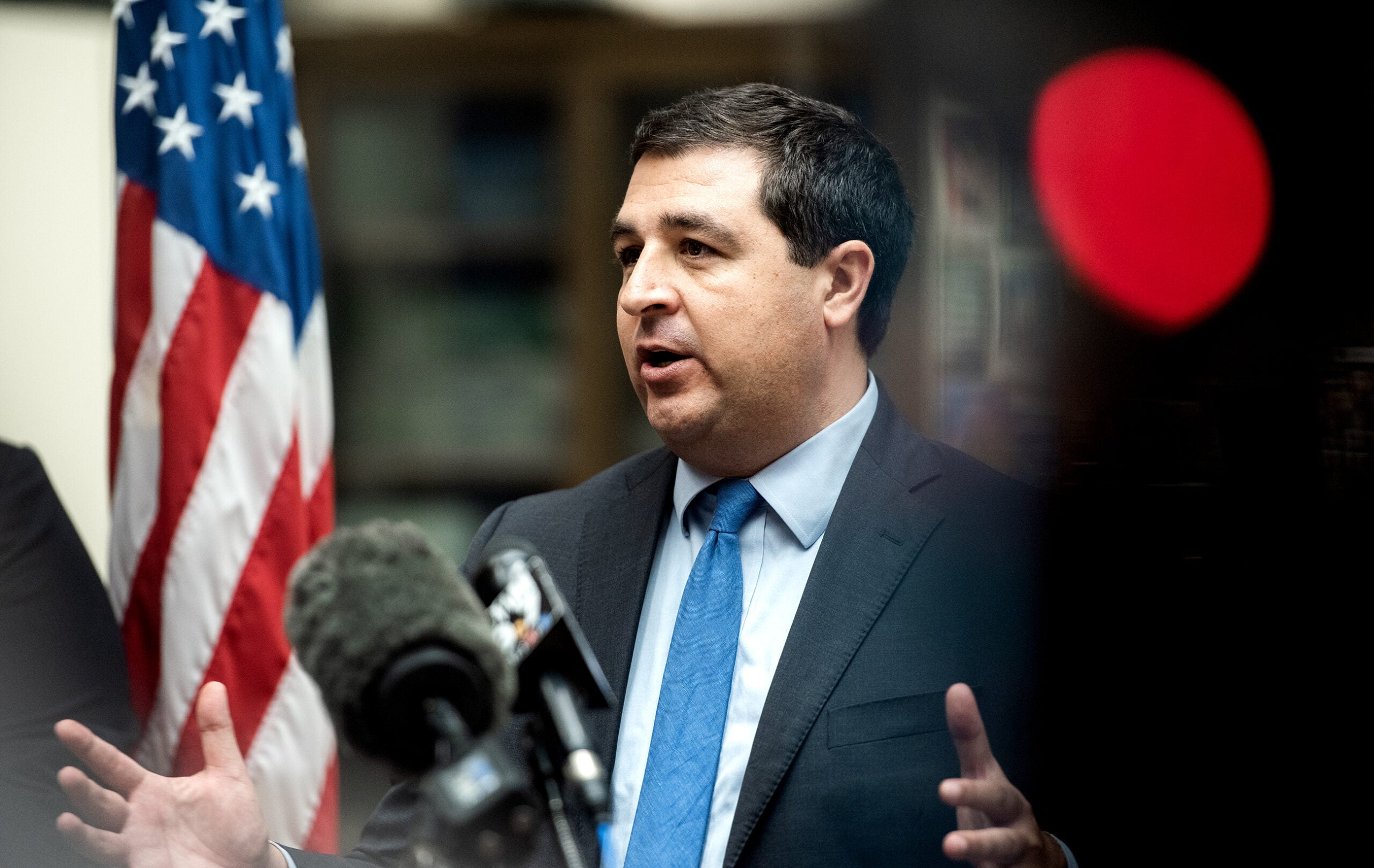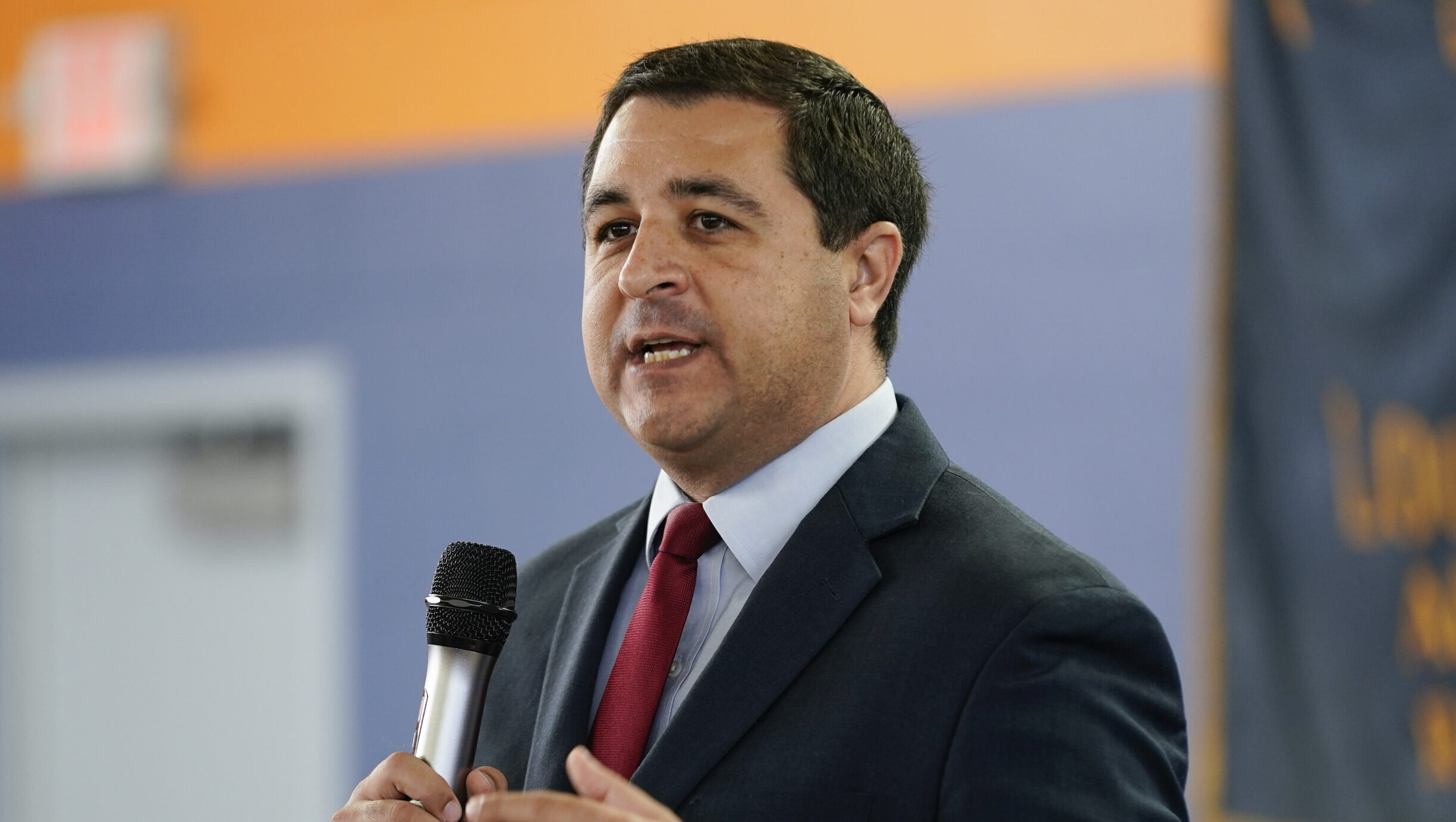A Dane County judge has sided with Wisconsin Attorney General Josh Kaul in a dispute with the state Legislature, ruling lawmakers violated the state constitution when they gave themselves veto power over some actions by the state Department of Justice.
Circuit Court Judge Susan Crawford’s ruling would strike down one of the laws Republicans passed in the 2018 lame-duck session of the Legislature. That session took place right before former Gov. Scott Walker and former Attorney General Brad Schimel — both Republicans — were about to leave office, and Gov. Tony Evers and Kaul — both Democrats — were about to be sworn in.
The case challenged a measure requiring the Department of Justice to get the approval of the Legislature’s Joint Committee on Finance for any civil actions prosecuted by the attorney general’s office. Lawmakers had described the requirement as giving the Legislature a “seat at the table,” but Crawford’s opinion disputed that characterization.
News with a little more humanity
WPR’s “Wisconsin Today” newsletter keeps you connected to the state you love without feeling overwhelmed. No paywall. No agenda. No corporate filter.
“It is more accurate to characterize (the law) as granting absolute power to the Legislature, far greater than a ‘seat at the table’ alongside the prosecutor,” Crawford wrote.
Crawford wrote that before the enactment of the law in question, decisions to settle civil enforcement actions against parties alleged to be in violation of state law had always been a power of the executive branch under the attorney general.
“The legislature played no part in the settlement of civil actions enforcing state laws for approximately 170 years,” Crawford wrote. “The inaugural Wisconsin Legislature, in 1848, assigned the Attorney General duties consistent with serving as the state’s chief legal officer.”
Crawford’s May 5 decision didn’t take effect immediately because she also issued a temporary stay, keeping the lame-duck law in place while the decision is appealed.
Kaul issued a written statement celebrating the decision.
“The lame-duck power grab by Republicans in the state legislature undermined the will of Wisconsin voters and has resulted in wasted tax dollars,” Kaul said. “We will continue working to ensure that the aspects of the lame-duck legislation that violate the Wisconsin constitution are struck down.”
Republicans, meanwhile, vowed to fight the decision.
“This ruling comes as no surprise from a Dane County judge,” read a written statement from Angela Joyce, a spokesperson for Republican Assembly Speaker Robin Vos. “When there’s a conservative accomplishment, they try to say it’s unconstitutional. We will be appealing.”
Crawford’s decision was just the latest in a long string of rulings involving the package of laws Republicans passed and Walker signed near the end of his term in 2018.
In 2020, the Wisconsin Supreme Court sided with Republicans in a much broader challenge that argued the package of lame-duck laws was unconstitutional on its face. Conservative swing justice Brian Hagedorn wrote the lead opinion in that case. The state Supreme Court also rejected another lawsuit in 2019 that challenged the process by which the laws were passed.
The state Supreme Court would have the final say in the decision issued by Crawford. In March 2021, justices rejected a request by Kaul to hear the case directly in what’s known as an “original action” petition.
Crawford also ordered additional briefing in another provision of Kaul’s lawsuit involving civil lawsuits the attorney general’s office files on behalf of state agencies.
Wisconsin Public Radio, © Copyright 2026, Board of Regents of the University of Wisconsin System and Wisconsin Educational Communications Board.







